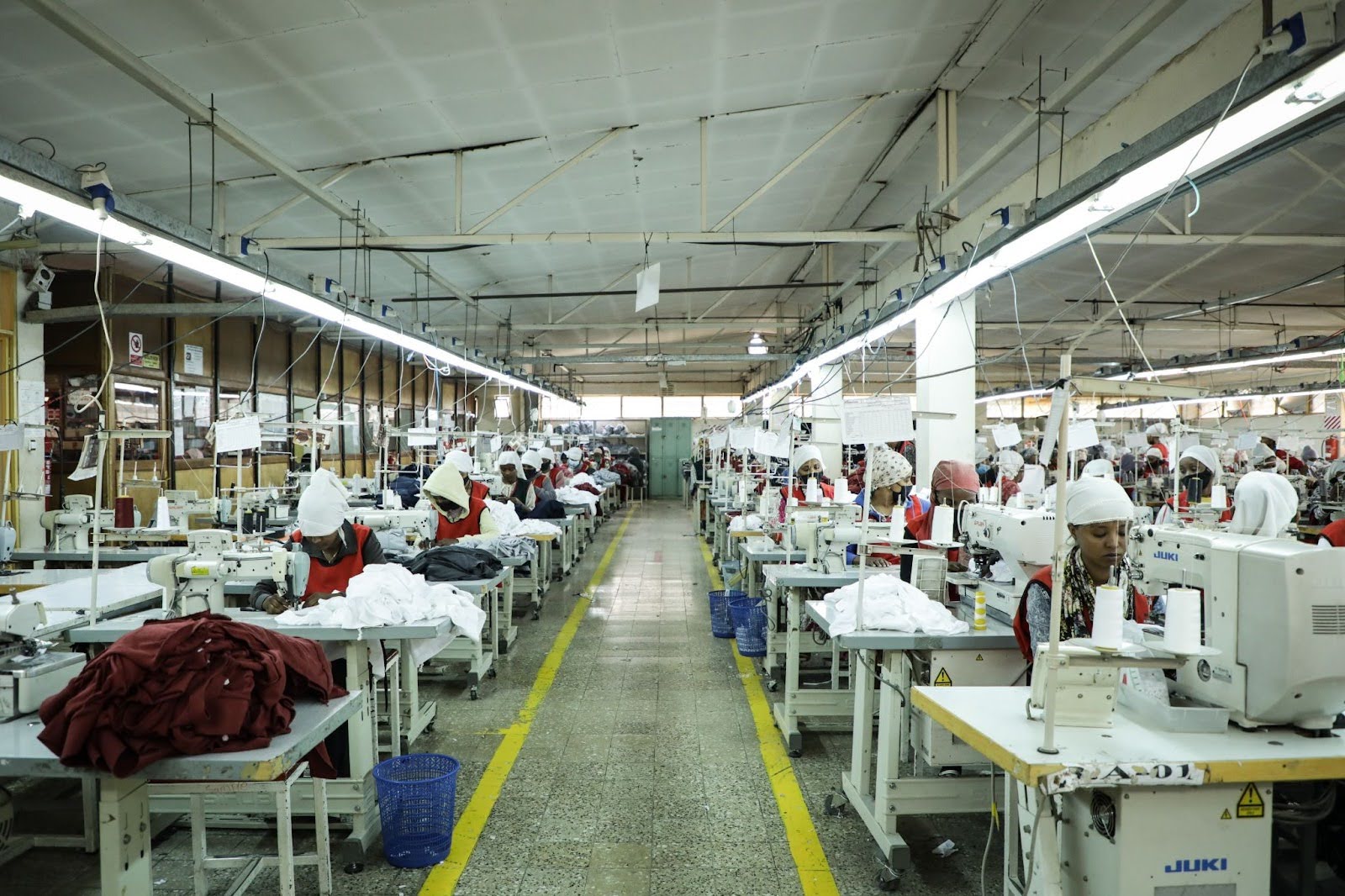The purchasing practices of a fashion or retail company can have a major influence on working conditions in the supply chain, affecting the livelihoods of millions of workers and farmers. Responsible purchasing practices are essential for improving working conditions that many brands and retailers have publicly committed to, as reinforced by the Common Framework for Responsible Purchasing Practices (CFRPP).
Such practices encompass a wide range of actions by a purchasing company, including internal commitment, costs, price negotiations, payment terms, product development, planning, as well as the guiding values and principles. These contribute to the suppliers’ ability to plan production effectively, manage working hours, pay workers fairly, and invest in improving working conditions and reducing environmental impact.

The positive effects of responsible purchasing practices help to boost productivity, stabilize workforce and build resilience in supply chains. They contribute to preventing harm and facilitating social and environmental improvements. When CSR and purchasing teams work together on realizing these improvements, it can bring about significant change.
On the other hand, lack of responsible purchasing practices can result in negative impacts, such as late order changes leading to overtime and air shipment, and pressure on prices, which often means low wages for workers.

We strive for equal partnerships in the value chain between brands and suppliers.
Equality in partnerships is a precondition to ensuring a living wage for workers, fair prices, no disproportionate burden on one party in the supply chain, and fair payment terms.
In our work we aim to build the policy agenda and develop evidence-based solutions to address the challenges in the value chain, including capacity strengthening of civil society groups. Our work towards systemic change includes a particular focus on women, youth, migrants, and other marginalized groups.
Essentially, people at the beginning of value chains - such as farmers and workers - should have a position of equal partnership where they can negotiate fair prices for their produce, participate in decision making processes, and benefit from policies.
Bottom line is: the business model should not be based on a race for the cheapest price, but on doing good for the planet and people, which will translate to a better business in itself.

Solidaridad believes that the private sector plays a crucial role in making the textile value chain more sustainable. We implement projects together with brands and retailers focused on making improvements in their supply chain, hereby working directly with manufacturers that supply the brands and retailers involved. Based on an assessment which identifies the root causes, we support manufacturers with capacity building and knowledge transfer. This includes access to sustainable innovations for small-scale manufacturers.
In addition, we review how sourcing practices relate to the issues found at manufacturer level and support brands with improving through training. This work is mainly based on the Common Framework for Responsible Purchasing Practices. Currently, Solidaridad is part of the learning and implementation community of the Common Framework, and guides Hema, Hunkemöller and O’Neill in applying the framework to their own operations.
Examples of our work include:
Solidaridad works with policy makers to make sure the EU strategy for sustainable and circular textiles will better balance social, environmental and commercial requirements. We collaborate with the Policy Hub on the practical implementation of the legislative proposals and worked with Fairtrade Advocacy Office (FTAO) and Fairwear Foundation (FWF) to push for mandatory frameworks on responsible purchasing practices, living wage and living income.
Solidaridad is a board member of and/or works on influencing the policies of several multi-stakeholder initiatives:

The cotton papers on this Sustainable Cotton Hub are another example of our policy work.
Solidaridad is doing additional research into applicability of the Common Framework for Responsible Purchasing Practices, looking into how purchasing practices have an impact on tier 2, wet processing, and further down tier 3 and 4, looking at spinners and farmers.
Looking for a partner to help improve your company’s purchasing practices? Or do you need an implementing partner to decarbonize your value chain? Then reach out to us!
Find out more about our solutions and track record in fashion.
Get in touch
Tamar Hoek, Senior Policy Advisor Sustainable Fashion:
tamar.hoek@solidaridadnetwork.org
Annemiek Smits, Corporate Partnerships Manager - Cotton and Textiles:
annemiek.smits@solidaridadnetwork.org
If you'd rather speak to Tamar or Annemiek,
call the front office of Solidaridad Europe in Utrecht: +31 30 272 0313
